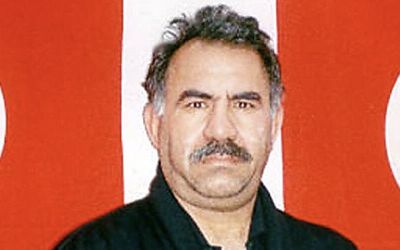
Hüseyin Yildirim, the number 2 of the PKK (Kurdistan’s Workers Party), was famed for his close ties with the Soviet Union. He has gone public to rebuke the Peace and Democracy Party (BDP), the most important legal Kurdish political entity, for its refusal to participate in the 12 September referendum. In his eyes, the Erdogan Government’s proposed constitutional reform, though insufficient, is nevertheless a step forward. It would represent a departure from the current constitution which was drawn up during the 1980 military coup.
According to Hüseyin Yildirim, BDP’s blunder should be attributed to the influence of the PKK, which has ceased to defend the interests of the Kurdish people to become an instrument in the hands of the Turkish military and NATO.
In a 28 July 2010 interview, he asserted that the PKK is controlled by its historical leader, Abdullah Öcalan, from behind prison walls and that Öcalan is in turn handled by the Turkish Deep State, Gladio.
As per Yildirim, Öcalan supposedly sealed an agreement with NATO’s secret services after he was kidnapped in Nairobi in 1999. PKK combatants were allegedly transferred to the Iraqi non-fly zone overseen by the United States and the United Kingdom while only 500 men were left in Turkey. Since then, they have purportedly been used to fuel the strategy of tension and to justify the exhorbitant power of the army.
Again, according to Yildirim, current PKK leaders Semdin Sakik and Selim Çürükkaya are Gladio agents.
Abdullah Öcalan is the only prisoner held on Imrali Island, on a military base with one thousand men to guard him. Sentenced to death, his penalty was communted to life imprisonment. Depending on the sources, he has either been subjected to a harsh regime or, on the contrary, has been offered the facilities to continue to conduct his organisation.
















Stay In Touch
Follow us on social networks
Subscribe to weekly newsletter